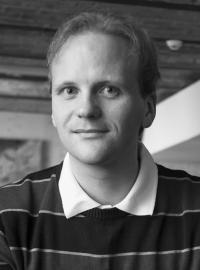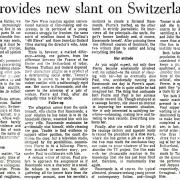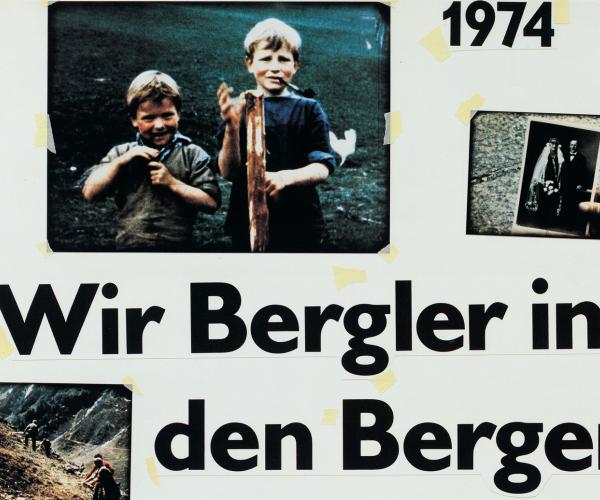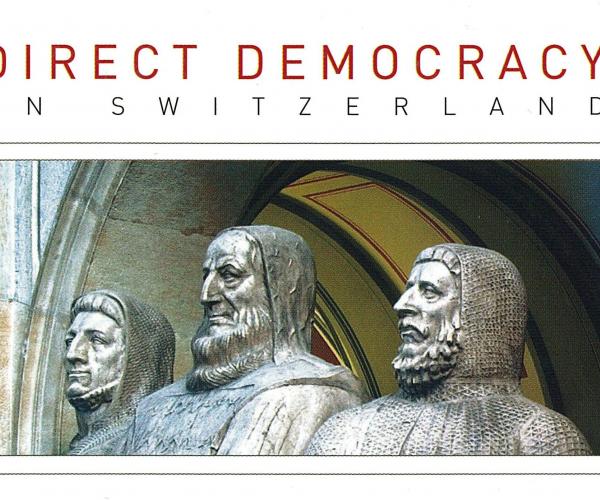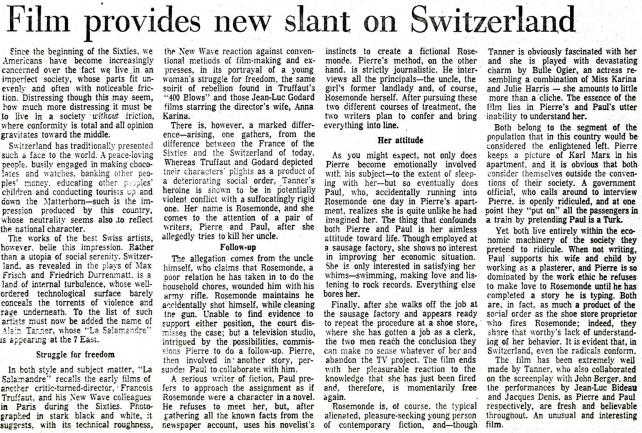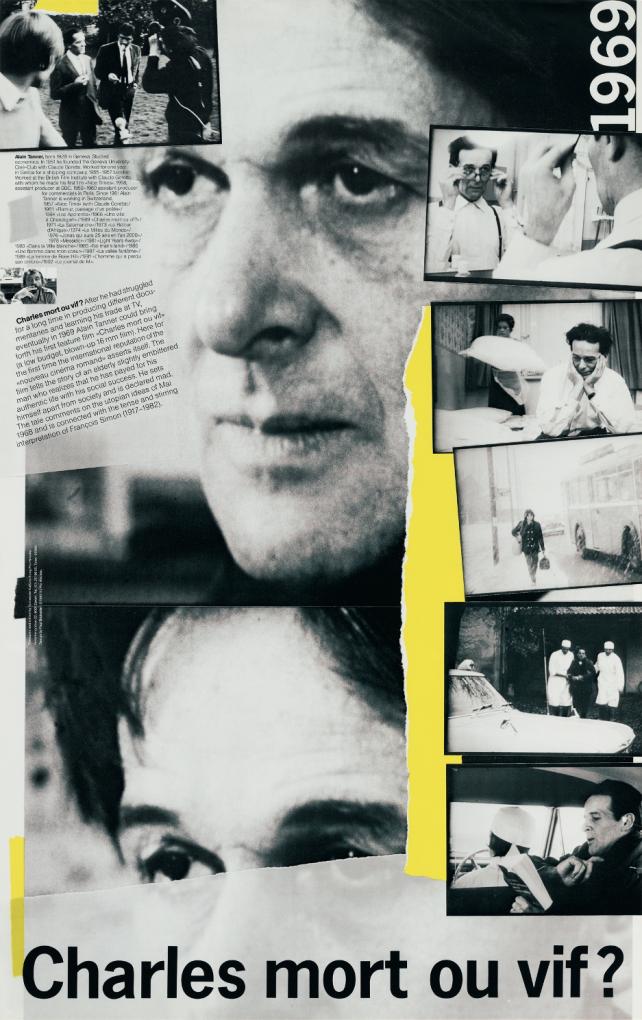Alain Tanner and the Swiss unease
Alain Tanner was a pioneer of the New Swiss Cinema. In 1969, his movie Charles mort ou vif reaches an international audience, assuring Switzerland its place in cinematic history. The movie tells the story of an entrepreneur, Charles Dé, who vanishes shortly before the 100th anniversary of his firm. It is carried by actor François Simon’s extraordinary performance and charisma and, as a cinematic manifesto, reflects the spirit of May 68.
© Alain Tanner

